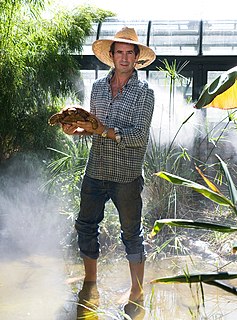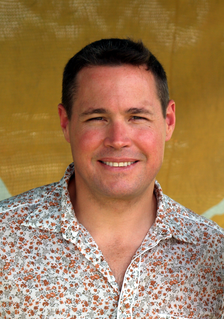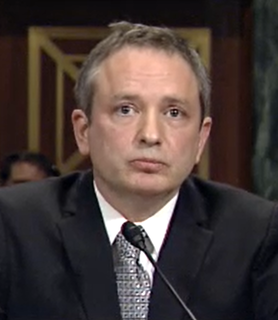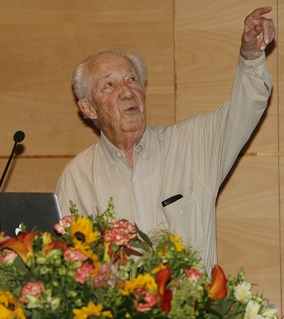A Quote by George M. Church
Preventing ongoing extinction of elephants, rhinoceroses, and other threatened species is critically important. By all means, we must set priorities for allocating finite conservation resources.
Related Quotes
Many scientists would argue that we are now in what is called Extinction, and it's caused by this perfect extinction storm: climate change, habitat loss, pollution, unsustainable exploitation of species and habitat resources, and of course, human population explosion. All of these factors work together and conspire to drive a species to extinction on our planet, every half an hour.
We have a very old conservation movement, particularly in the United States, which has focused on campaigns to protect endangered species: the spotted owl, the old-growth forest. But usually it stops there. To me, biodiversity is the full spectrum. Species conservation is not only about wilderness conservation. It?s also about protecting the livelihood of people even while changing the dominant relationship that humans have had with other species. In India, it?s an economic issue, not just an ecological one.
Studying elephants is like going back into prehistoric times. In size, elephants are the closest thigns we have to dinosaurs. There are days when I feel as though there is nothing we can do for elephants - I feel that the only good I am doing is recording the extinction of one of the most magnificent animals that ever walked the earth.
The opportunities and threats existing in any situation always exceed the resources needed to exploit the opportunities or avoid the threats. Thus, strategy is essentially a problem of allocating resources. If strategy is to be successful, it must allocate superior resources against a decisive opportunity.




































